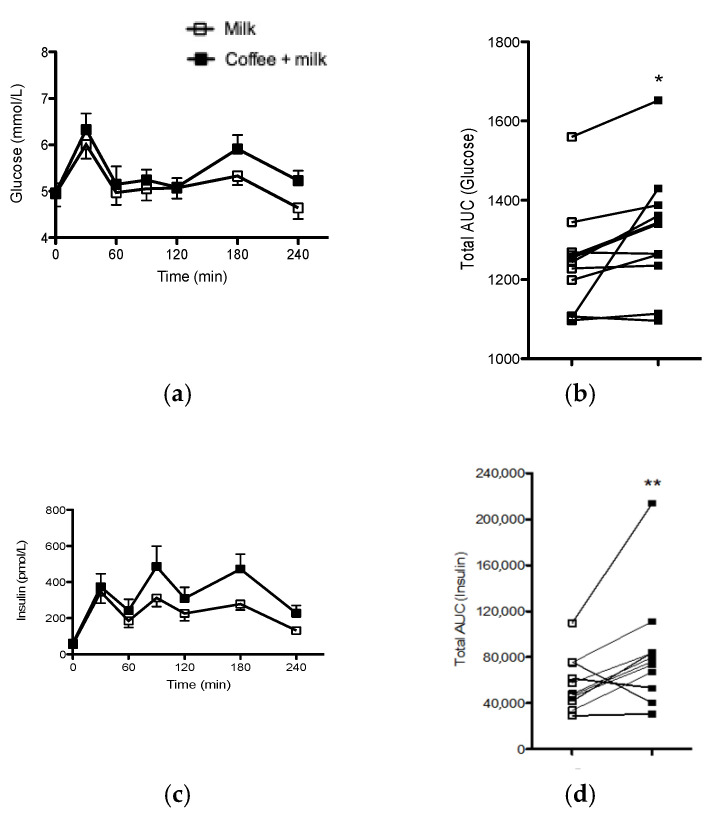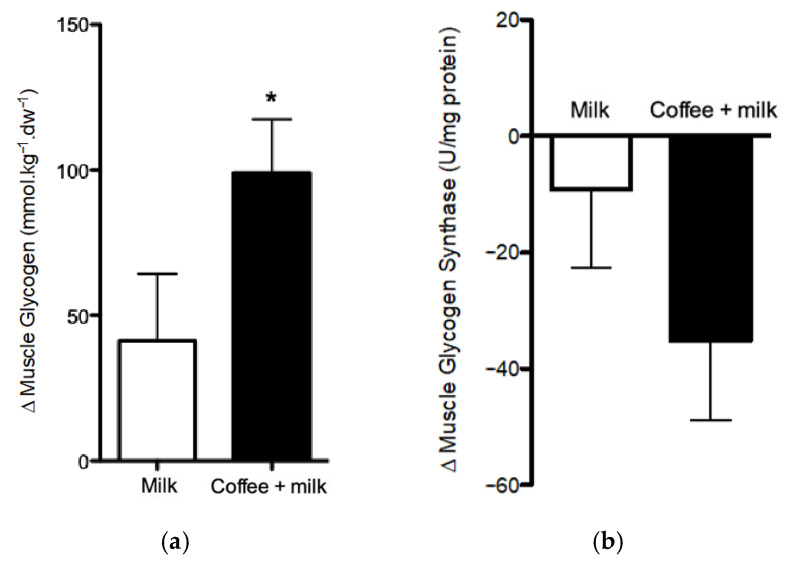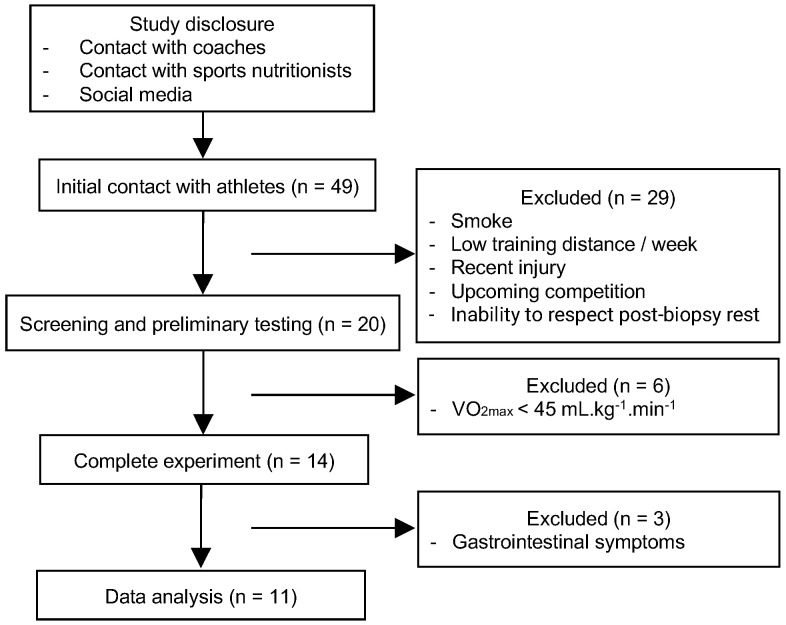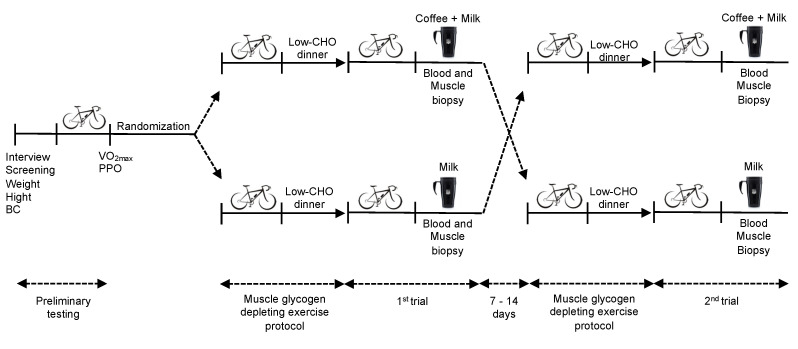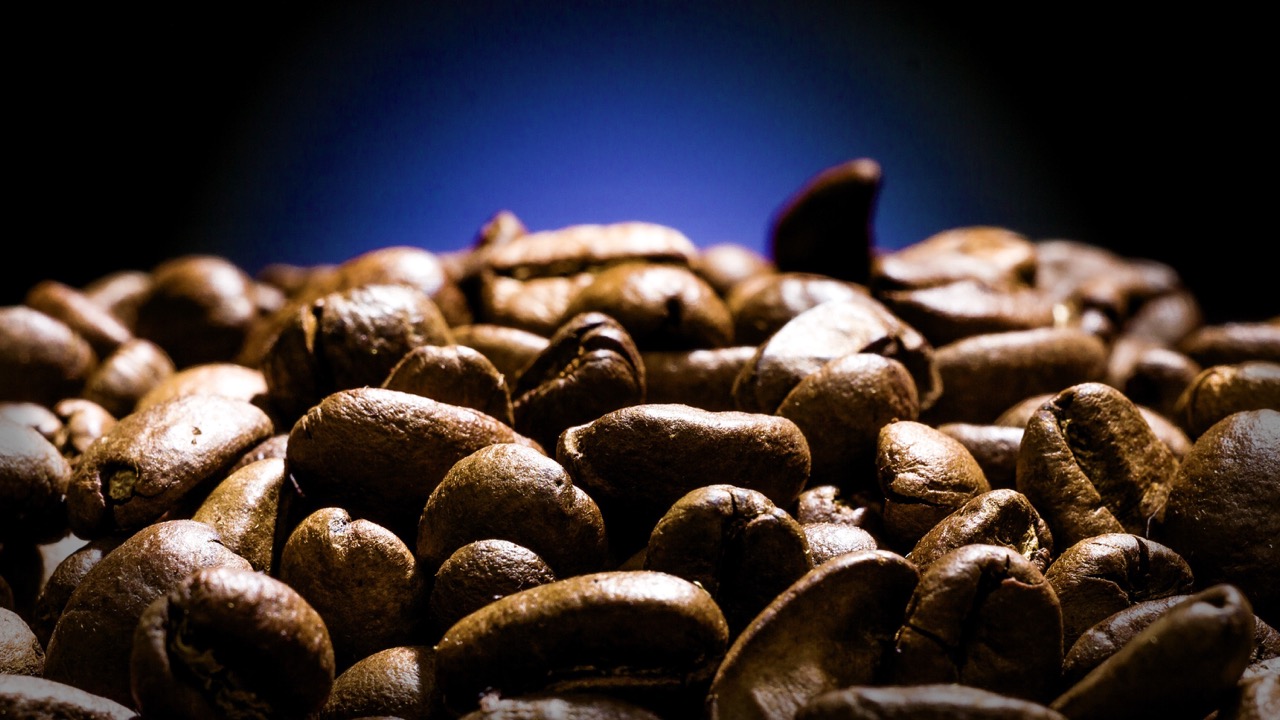If you’ve ever noticed that your morning decaf coffee often leads to a swift visit to the bathroom, you’re not alone. This phenomenon can be attributed to various factors, including the impact of coffee on gut hormones and colon activity, as well as the timing of consumption. Interestingly, even decaf coffee can have this effect.
The Call to the Loo
While coffee doesn’t affect everyone’s bowel movements in the same way, studies indicate that it prompts the urge to poop in approximately one-third of individuals, with a slightly higher prevalence among women. This effect can manifest rapidly; research suggests that coffee can stimulate muscle contractions in the colon within as little as four minutes, leading to the urge to defecate.
Caffeinated coffee appears to exert a more pronounced effect on colon muscle activity compared to decaf. Previous research found that caffeinated coffee increased colon contractions by 23% more than decaf coffee. Consequently, caffeinated coffee is more likely to induce a strong urge to poop than its decaffeinated counterpart.
Beyond stimulating muscle activity in the colon, coffee triggers the urge to poop through other mechanisms as well.
Coffee’s Impact on Gut Hormones
Coffee promotes the production of several hormones, including gastrin and cholecystokinin (CCK), which are involved in the gastrocolic reflex. This reflex stimulates gut contractions, propelling stool towards the rectum for elimination. Hence, coffee can enhance gut movement, intensifying the urge to poop.
While it’s evident that coffee influences specific gut hormones, further research is required to fully comprehend how coffee compounds affect the digestive process.
Morning Wake-Up Call
Historical research indicates that coffee’s bowel-stimulating effects are particularly potent in the morning. This may be because the stomach empties more slowly during sleep, and colon contractions decrease. Upon awakening and becoming active, both the body and the colon spring into action. Drinking coffee in the morning further stimulates the digestive system, heightening the urge to poop.
Caffeine’s Poop-Promoting Properties
While caffeine isn’t solely responsible for post-coffee bowel movements, it likely contributes to the phenomenon. A standard eight-ounce cup of coffee typically contains 80 to 100 milligrams of caffeine. Caffeine stimulates colon muscle activity and increases pressure in the anus, amplifying the urge to poop.
However, research suggests that caffeine isn’t the sole contributor to coffee’s colon-stimulating effects. Decaf coffee also boosts colon muscle activity, indicating that other coffee components play a role in promoting bowel movements.
Dairy Dilemma
Adding cow’s milk or cream to coffee can affect bowel movements, particularly in individuals intolerant to lactose, a sugar found in milk. Lactose intolerance can cause bloating, diarrhea, gas, nausea, and abdominal pain, with symptoms worsening with age. Other coffee additives, such as certain sugar substitutes, may also stimulate bowel movements.
Even Decaf Drives Pooping
Despite lacking caffeine, decaf coffee can still induce bowel movements, affecting approximately one-third of individuals. While its effect is milder than that of caffeinated coffee, decaf stimulates colon activity and hastens the urge to poop. Scientists believe that compounds other than caffeine, such as chlorogenic acids and melanoidins, contribute to decaf coffee’s gut-activating properties.
Managing Coffee-Induced Bowel Movements
If you’re sensitive to coffee’s bowel-stimulating effects, entirely eliminating this phenomenon may not be feasible. Since food intake also triggers colon activity, drinking coffee with a meal is unlikely to significantly alter this effect.
However, modifying certain coffee additives may help mitigate the urge to poop in some individuals. For instance, cutting out dairy-based additives like milk and creamers and switching to plant-based alternatives may reduce symptoms in those intolerant to lactose. Similarly, replacing non-nutritive sweeteners with gut-friendly alternatives like monk fruit or stevia may alleviate digestive discomfort.
Moreover, experimenting with coffee consumption quantity and timing may also yield insights. Adjusting the amount or timing of coffee intake could help manage the urge to poop, particularly if it tends to occur inconveniently.
In summary, various factors contribute to coffee-induced bowel movements, including caffeine content, coffee’s influence on gut hormones, and additives. Experimenting with coffee consumption habits may help mitigate this phenomenon’s impact on daily life.
References
- Iriondo-DeHond A, Uranga JA, del Castillo MD, Abalo R. Effects of coffee and its components on the gastrointestinal tract and the brain–gut axis. Nutrients. 2020;13(1):88. doi: 10.3390/nu13010088
- Winther R, Aasbrenn M, Farup PG. Intake of non-nutritive sweeteners is associated with an unhealthy lifestyle: a cross-sectional study in subjects with morbid obesity. BMC Obes. 2017;4:41. doi: 10.1186/s40608-017-0177-x
- U.S. Food & Drug Administration. Spilling the beans: How much caffeine is too much?
- Nehlig A. Effects of coffee on the gastro-intestinal tract: A narrative review and literature update. Nutrients. 2022;14(2):399. doi:10.3390/nu14020399
- National Institute of Diabetes and Digestive and Kidney Diseases. Lactose intolerance.
- Brown SR, Cann PA, Read NW. Effect of coffee on distal colon function. Gut. 1990;31(4):450-453. doi: 10.1136/gut.31.4.450
- American College of Gastroenterology. Lactose intolerance.
- Malone JC, Thavamani A. Physiology, gastrocolic reflex. In: StatPearls. StatPearls Publishing; 2022.
- Rao SSC, Welcher K, Zimmerman B, Stumbo P. Is coffee a colonie stimulant? European Journal of Gastroenterology & Hepatology. 1998;10(2):113–118. doi:10.1097/00042737-199802000-00003
- Dantas RO, Aben-Athar CG. [Aspects of sleep effects on the digestive tract]. Arq Gastroenterol. 2002;39(1):55-59. doi: 10.1590/s0004-28032002000100010



